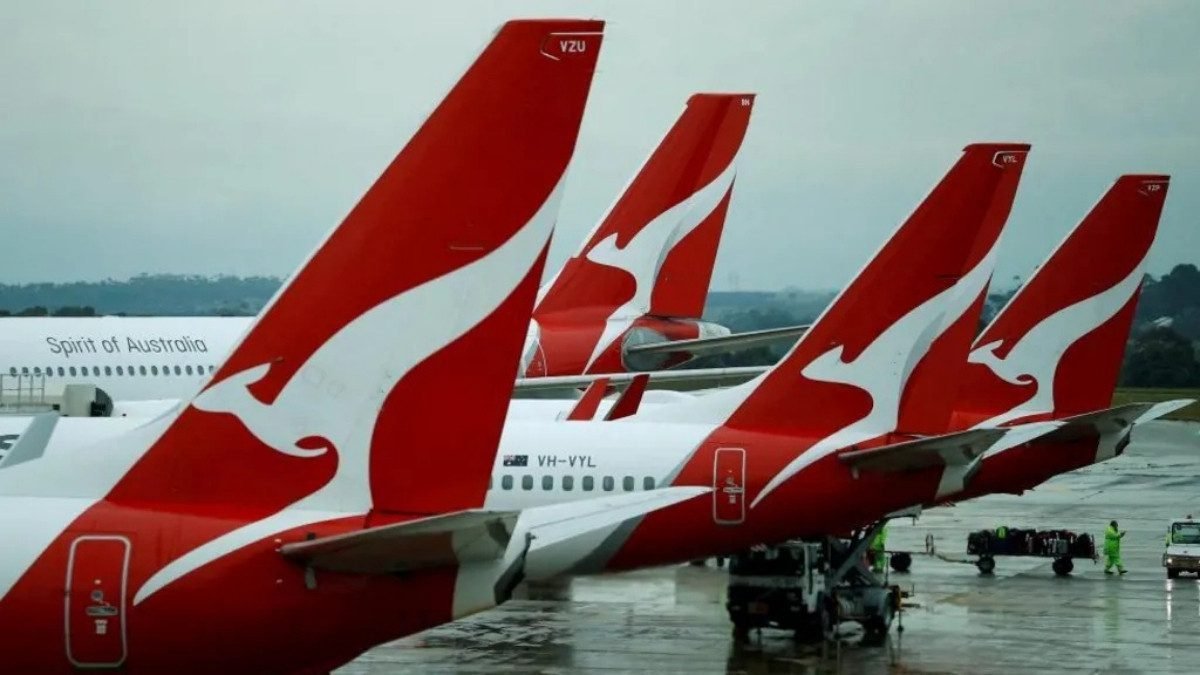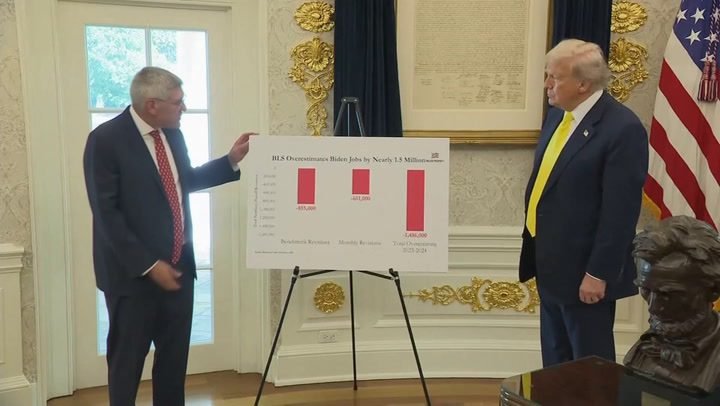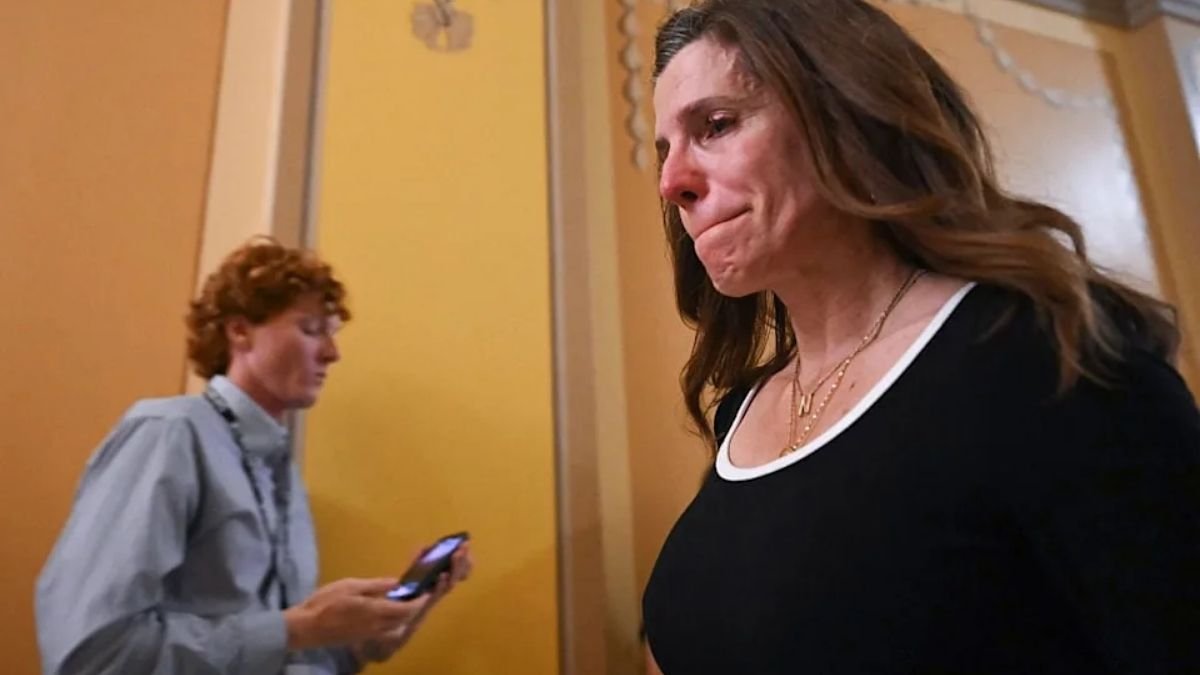Australia’s biggest airline, Qantas, has been ordered to pay a record A$90m (£43m; $59m) after illegally sacking more than 1,800 ground staff during the Covid-19 pandemic. The ruling, delivered by the Federal Court, sets a new benchmark for workplace law penalties under the Fair Work Act.
The fine is the largest ever handed down for breaches of Australia’s industrial relations laws. Justice Michael Lee said the amount was designed to serve as a “real deterrence” to other employers who may consider similar actions.
Qantas confirmed it will pay the penalty and issued a public apology to the workers and their families. “We sincerely apologise to each and every one of the 1,820 ground handling employees and to their families who suffered as a result,” said Qantas Group chief executive Vanessa Hudson. She admitted the decision taken five years ago, during the height of the pandemic, created real hardship for staff.
The court ordered that A$50m of the fine be paid directly to the Transport Workers’ Union (TWU), which brought the case forward on behalf of employees. The union said the outcome marked the “end of a David and Goliath five-year battle” and described it as “a moment of justice for loyal workers who loved their jobs at the airline.”
Qantas originally outsourced its ground handling operations in 2020, at a time when global aviation had come to a standstill. Management argued the move was needed to cut costs and safeguard the business as international travel collapsed. However, in 2021 the court ruled that the outsourcing was partly driven by a desire to limit industrial action, since many of the affected workers were union members.
Justice Lee said the company’s “unrelenting and aggressive” legal strategy raised questions about its corporate culture and the sincerity of its remorse. Court documents showed the airline had fought hard to avoid paying any compensation, even after judges ruled against it. The judge said the fine was close to the maximum penalty allowed, and he wanted it to send a strong warning to other large companies.
The penalty comes on top of A$120m in compensation that Qantas agreed last year to pay former workers, following a series of lost appeals. Together, the costs underline the scale of financial and reputational damage the airline has faced since its handling of the layoffs became public.
Employment law experts welcomed the decision but warned it might still not be enough to change corporate behaviour. Dan Trindade, a partner at legal firm Clayton Utz, said the airline may have saved even more than A$90m by outsourcing its staff during the pandemic. “If it’s not seen as sufficient deterrence, the government may face calls to increase penalties,” he noted.
The TWU said the ruling showed the importance of unions in protecting workers’ rights. Union officials pointed out that many of the affected employees had given decades of service to the airline and were dismissed during a time of extreme financial uncertainty. For some families, the job losses meant long-term struggles to find new employment.
The case adds to a series of scandals that have damaged the airline’s image in recent years. In 2024, Qantas was fined A$100m for selling tickets on thousands of flights that had already been cancelled. Public trust in the airline has been shaken, and industry analysts say it will take time to repair.
Qantas, once regarded as a symbol of national pride, now faces the challenge of restoring its reputation while competing in a crowded travel market. Chief executive Vanessa Hudson, who took over leadership after Alan Joyce stepped down, has promised to rebuild trust. She has said the company is committed to greater transparency, better service, and improved treatment of staff.
For the workers who lost their jobs in 2020, the fine and compensation bring some closure after years of legal battles. But many remain critical of the company’s actions. Former employees have told local media that no amount of money can replace the sense of loyalty and pride they felt working for the airline.
The ruling highlights how the Covid-19 pandemic reshaped global industries and tested the balance between financial survival and workers’ rights. While airlines worldwide struggled during border closures, Qantas now stands as a case study of how cost-cutting decisions can lead to long-term consequences.
Justice Lee summed up the court’s position by warning that companies cannot act as though breaking workplace laws is just a business strategy. “This penalty is intended to show that large firms cannot treat such decisions as acceptable risks,” he said.
With the A$90m fine now confirmed, Qantas faces a long road to rebuild trust with staff, unions, and the travelling public. The outcome also raises a broader question for Australia: whether current laws and penalties are strong enough to prevent other companies from taking the same path.















